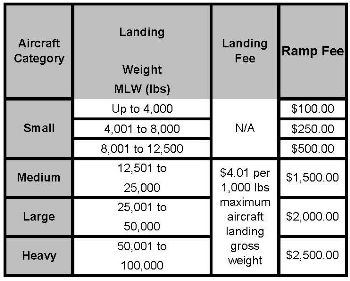By Stewart Doreen
MRT.com/Midland Reporter-Telegram
And according to Midland College President Steve Thomas, there is no saving it. There is no amount of money that can convince the Midland College board to throw it a lifeline. It is a done deal.
Thomas was not at a meeting of concerned residents and others about what could be done – if anything – to change the fortunes of the program. There was a board member there for a little bit, but that person left around halfway through. In retrospect, he had to know what Thomas clearly stated. Any attempt to bring the program back with money from a development corporation, energy industry group or philanthropy is dead on arrival.
The purpose isn’t to throw shade on Midland College. The school’s leaders made a decision to close down an aviation maintenance program at Midland International because it was in the best interest of the school. There apparently wasn’t enough interest. It was the second elimination of an aviation related program as the college previous closed the pilot’s program.
The point of the column is to go back to what was written in this space last week. Who are we as a community? For years, I drove by Midland Airpark and out to Midland International Airport with the notion that this was an aviation community. You know, an aviation community built on the back of John Pliska; one that was home to a bombardier program that eventually became Midland International; one where the acronym MAF still has meaning; and one that is so attached to private aviation that it has designed the northern part of the city around an executive airport.
For what it is worth, studies of our community have indicated that Midland International Airport is the crown jewel of any economic development efforts. And millions have been spent to make a spaceport happen.
I thought – based on what I thought this city is – that aviation and aerospace would complement each other as the space industry has made Midland home. Sure, we don’t have Jeff Bezos blasting rockets from our city, but there has been success for those who are paying attention.
One of those companies that proudly calls Midland home was also present at the meeting at the airport and stated that it expects to see its planes back in Midland by the end of the year and that its spaceport growth will include up to three new buildings and that one of those buildings will be a maintenance building. The hiring of 20 new employees is expected, including trained aviation mechanics like those that came out of the Midland College program.
After the meeting officials even provided a pitch for high school students in Midland-Odessa, who think that aviation and aerospace might be for them and who would be interested in salaries up to $120,000 “just to start” for maintaining aircraft. That is one heck of a marketing pitch.
“It is a stepping stone to get into space,” one aerospace official said. “That is the way we see it. We're hopefully going to be building airframes for hypersonic vehicles in the next five years out here (in Midland). I mean, it's going to be super cool. If we get the wind tunnel out here, you're going to have every big aircraft and space manufacturer on the planet right here in Midland within three to five years.”
They talked about the promise for trained maintenance officials to be part of the industry that will make it possible for people to go “anywhere on the planet in 90 minutes.” They talked about the constant turnover and the retirements of mechanics during the COVID pandemic.
Again, with such aerospace activity on the horizon at the spaceport and with the aircraft activity already in place, it makes one wonder how the maintenance program wasn’t succeeding. It was said at the meeting that a similar program near Abilene was filled up. What happened? Was this community’s left hand guilty of not knowing what the right hand was doing – or at least needing? What was holding back this program in Midland? It’s probably too late to ask for the sake of the Midland College Aviation Program but maybe the answer could still be beneficial.
As one airport official said this week, the private sector stepped in and made up for the college’s decision to scrap the pilot program. Maybe that will happen again with the maintenance program.
What we know now is there is no use in calling state Rep. Tom Craddick or the Permian Strategic Program or the governor for a reprieve and $500,000 a year to keep the program funded. The Midland College Aviation Program is dead and not coming back.



























































